I bought a gift for myself over Chanukah. I ordered Amazon Prime for the sole purpose of checking out The Marvelous Mrs. Maisel , to see if it lives up to the hype. Indeed, the hype is legit and, probably like many of you, I'm hooked.
Set in late 1950s Manhattan, the show chronicles Mrs. Maisel, a young Jewish upper middle-class mother and housewife turned aspiring standup comic. Maisel , created by Amy Sherman-Palladino, in a word, is marvelous. The writing, the acting, the music, the sets, and, oh, those gorgeous 50s-style costumes. It's all so binge-worthy.
The show that won eight Emmys in the fall just took home another award for Best Actress at the Golden Globes. Mrs. Maisel, a.k.a. Miriam or "Midge", played brilliantly by actress Rachel Brosnahan, is from the area-raised in Highland Park.
We Maisel fans find a champion in Midge -- a feminist ahead of her time. She's honest, bright, and liberated before "women's lib" was a thing. As she questions in one episode: "Why do we (women) have to pretend to be stupid when we're not stupid? Why do we have to pretend to be helpless when we're not helpless? Why do we have to pretend we're not hungry when we're hungry?"
Midge hungers for something more. So, she musters the chutzpah to change her station in life as a housewife and try her hand at standup comedy -- at a time when women in standup were virtually unheard of. Midge, too, debunks the ever-present fallacy that women aren't as funny as men. You go, girl!
As a Jewish woman, I identify with Midge, who serves my demographic proud. We as cultural consumers -- both then and now -- have always been inundated with tired Jewish female stereotypes that so often portray Jewish women as whiny and demanding, either as Jewish American Princesses or overbearing mothers. These days, we still find those cruel clichés prevalent in popular media, but we also tend to see a newer portrayal of Jewish women as assimilated Jewish characters on screen, Jewish in name only.
Midge fits none of the aforementioned labels. She's neither gold digging nor overbearing, and she and many of the other Maisel characters wear their Jewish identities with pride, and yet with nuance. The show is set in 1958, at a time of crossroads for American Jews, starting anew, with the Holocaust just barely in the rearview mirror, the Jewish state in its infancy, and the Cold War heating up.
The show has emerged at a time when we could all use an outlet. In 2019, an era rife with cultural and political division, Maisel serves up delightful escapism TV. It takes us back to the start of the golden age of Jews in post-war America, when our people were just beginning to be accepted in mainstream society.
That's in contrast with the current-day unsettling rise in anti-Semitism -- once thought to be a thing of the past -- now trending once again in America.
So, at the end of a long day, let's forget our troubles -- and get lost in this marvelous escape.


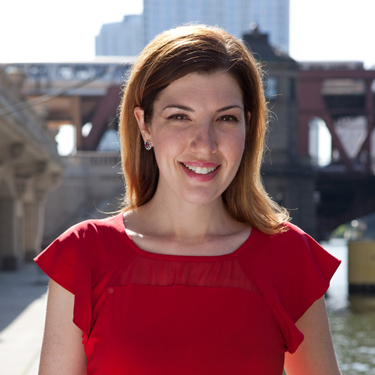
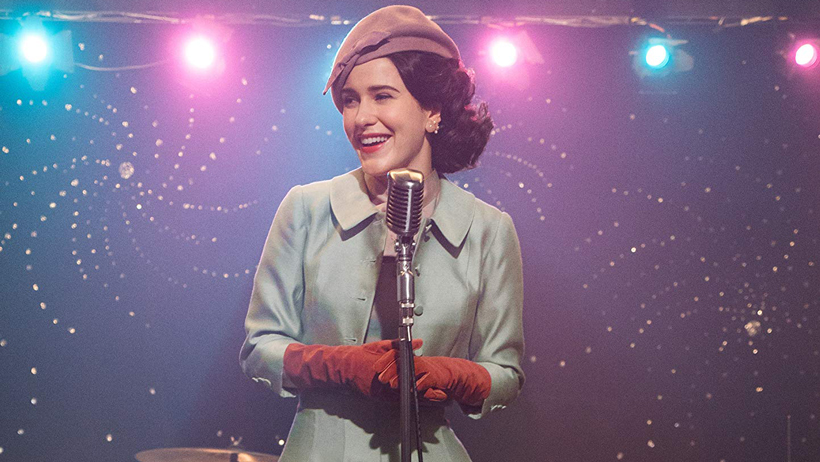

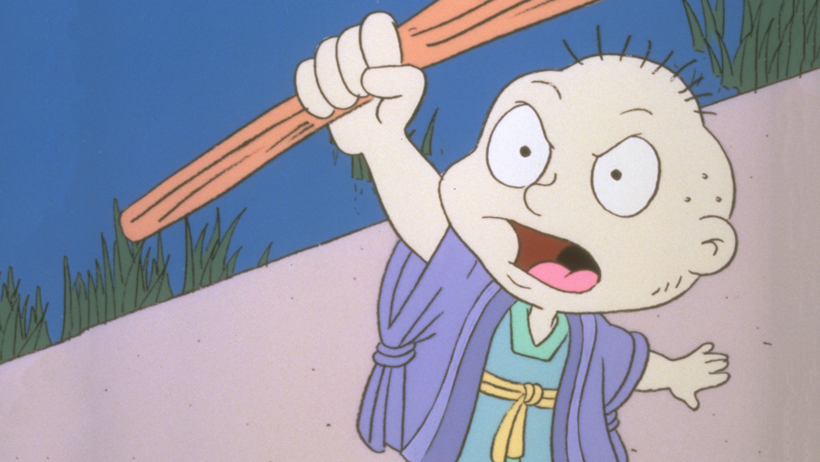
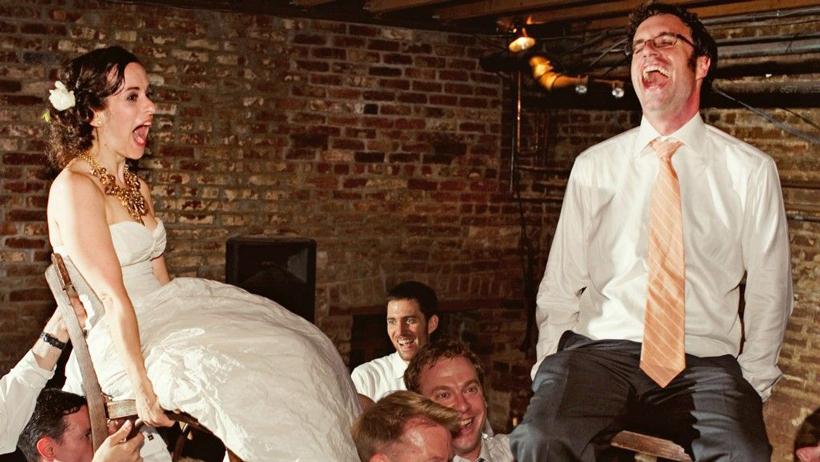
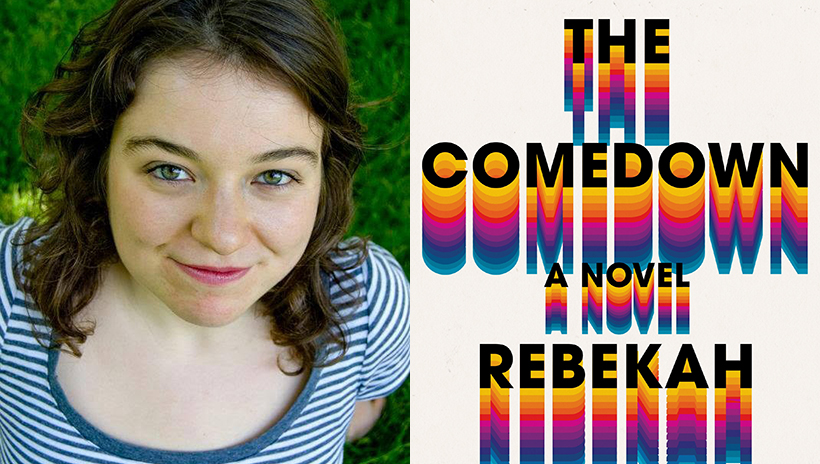
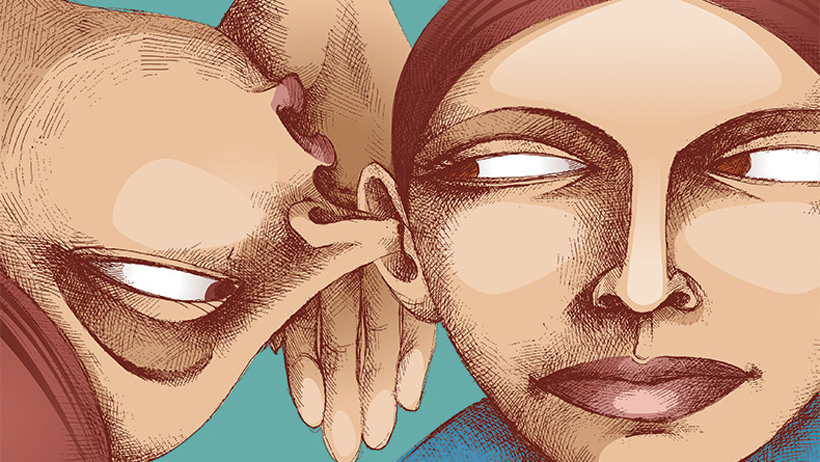

.jpg)



